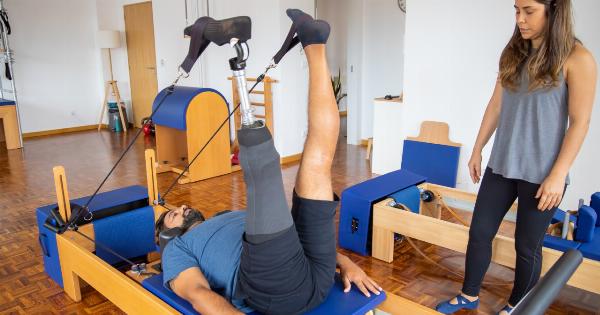Regular physical activity has long been associated with improved overall health and increased longevity. Among the various forms of exercise, running is often considered one of the most effective and accessible activities for individuals of all ages.
In recent years, several studies have focused on exploring the specific effects of running on increasing lifespan, with an emphasis on the duration of running sessions. This article aims to examine the relationship between running durations and their effectiveness in promoting longevity.
Understanding the Link Between Running and Lifespan
Running is a type of aerobic exercise that involves repetitive, rhythmic motions of the limbs, leading to an increase in heart rate and oxygen consumption.
Engaging in regular running sessions has been found to offer numerous health benefits, including weight management, cardiovascular fitness, improved mental well-being, and reduced risk of chronic diseases such as heart disease, diabetes, and certain types of cancer.
Exploring the Impact of Running Duration on Lifespan
Research suggests that the duration of running sessions correlates with the extent of health benefits and potential increase in lifespan.
While any amount of running can have positive effects on overall health, it is believed that greater time spent running per session yields greater benefits.
The Role of Moderate-Intensity Running
One study conducted by a group of researchers at the University of Copenhagen examined the relationship between running duration and mortality risk. The study analyzed data from more than 5,000 participants over a 12-year period.
The Findings of the Study
The study found that individuals who engaged in moderate-intensity running for 1 to 2.4 hours per week had a reduced risk of premature death compared to non-runners or those who spent less time running.
The researchers concluded that a moderate amount of running, even in shorter durations, can significantly contribute to increasing lifespan.
The Impact of Longer Running Durations
While moderate-intensity running showed promising results, the study also suggested that individuals who ran longer distances or durations may experience even greater longevity benefits.
Those who engaged in vigorous-intensity running for over three hours per week had the lowest risk of mortality compared to non-runners and those who ran less frequently.
Consideration of Other Factors
It is important to note that the relationship between running duration and lifespan is influenced by various factors, including an individual’s overall health, age, and fitness level.
Factors such as pre-existing medical conditions, body weight, and genetic predispositions should also be taken into account when evaluating the effectiveness of running for increasing lifespan.
Balancing Intensity and Duration
While longer running durations have shown potential benefits, it is crucial to strike a balance between intensity and duration to avoid overexertion and reduce the risk of injury.
Engaging in high-intensity running for extended periods may increase the risk of overuse injuries and could negate the potential lifespan benefits. Therefore, it is recommended to gradually increase both intensity and duration while allowing adequate rest and recovery periods.
The Importance of Consistency and Frequency
Consistency and frequency of running sessions also play a significant role in reaping the benefits of this activity.
Running regularly, even for shorter durations, is generally more effective in improving fitness levels and increasing lifespan than sporadic, infrequent running sessions.
Other Complementary Activities
While running can be an excellent form of exercise, it is important to incorporate other complementary activities to enhance overall fitness and promote longevity.
Strength training exercises, flexibility training, and cross-training activities such as swimming or cycling can help improve muscle strength, joint flexibility, and cardiovascular fitness, contributing to a well-rounded exercise regimen.
Conclusion
Running has been consistently linked to increased lifespan and improved overall health. This article explored the impact of running durations on the effectiveness of increasing longevity.
While even short durations of running can yield significant health benefits, moderate-intensity running for 1 to 2.4 hours per week appears to have a positive effect on lifespan. Additionally, longer running durations, particularly in the range of three hours per week or more, may further enhance the potential increase in longevity.
It is essential to consider individual factors, balance intensity and duration, and maintain consistency in running to maximize the benefits. Incorporating other complementary exercises can also contribute to overall fitness and promote a healthier, longer life.






























